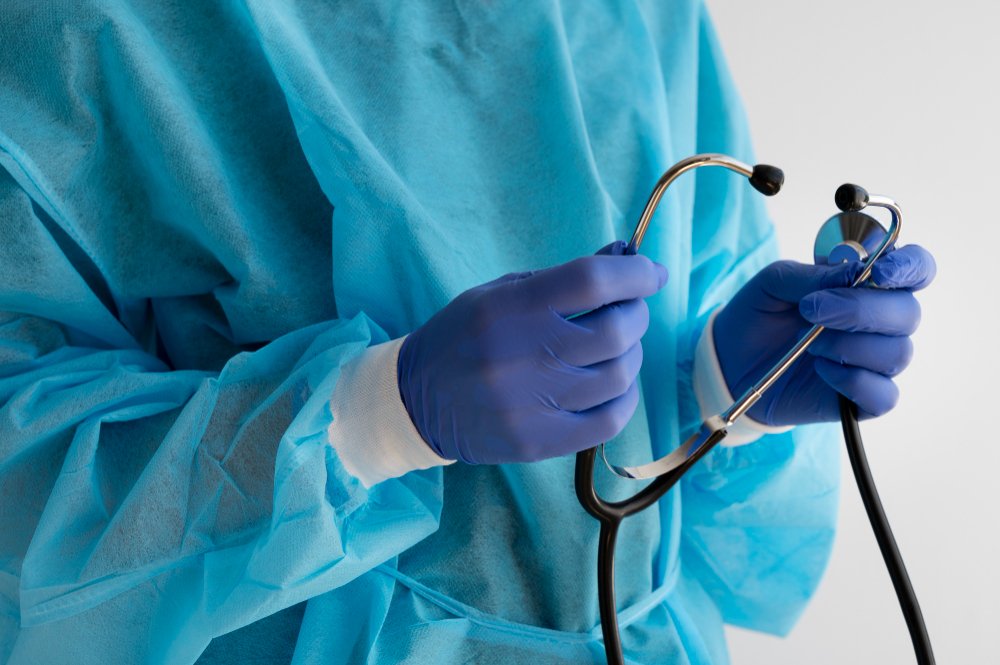Endoscopic Retrograde Cholangiopancreatography (ERCP) is a specialized medical procedure used to diagnose and treat problems in the liver, gallbladder, bile ducts, and pancreas. It combines endoscopy and fluoroscopy to examine and intervene in these areas. Whether you’re a patient preparing for an ERCP or simply curious about this procedure, here’s everything you need to know.
To Know More About It Please Click Here
What is ERCP
ERCP is a minimally invasive procedure performed by gastroenterologists, usually in a hospital setting. It involves the use of an endoscope, a long, flexible tube with a camera and light at its tip. This endoscope is passed through the mouth, down the esophagus, through the stomach, and into the duodenum (the first part of the small intestine). From there, a smaller tube called a catheter is inserted through the endoscope to inject contrast dye into the bile ducts and pancreatic ducts.
Why is ERCP Done
- Diagnostic Purposes: ERCP is used to diagnose conditions such as gallstones, tumors, strictures (narrowing), or leaks in the bile ducts and pancreas.
- Therapeutic Purposes: ERCP allows for the treatment of conditions discovered during the procedure. For example, it can be used to remove gallstones or insert stents to keep blocked ducts open.
- Biopsy: During ERCP, tissue samples (biopsies) can be taken for further analysis if abnormalities are detected.
How to Prepare for ERCP
- Medical History: Provide your doctor with a detailed medical history, including any allergies, medications, and previous surgeries.
- Fasting: You will likely need to fast for at least 6 hours before the procedure to ensure your stomach is empty.
- Medication Adjustments: Inform your doctor about any medications you’re taking, especially blood thinners, as they may need to be adjusted before the procedure.
- Arrangements: Since ERCP is performed under sedation, you’ll need someone to drive you home afterward. Arrange for a responsible adult to accompany you.
What to Expect During ERCP
- Sedation: You’ll receive sedation to help you relax and prevent discomfort during the procedure.
- Endoscope Insertion: The endoscope is passed through your mouth and into your digestive tract. You may be asked to swallow as the endoscope is gently advanced.
- Contrast Injection: Once the endoscope reaches the duodenum, contrast dye is injected into the bile and pancreatic ducts, allowing for clear visualization on X-ray.
- Evaluation and Intervention: Your doctor will examine the ducts for abnormalities and perform any necessary interventions, such as stone removal or stent placement.
- Recovery: After the procedure, you’ll be monitored in a recovery area until the sedation wears off. You may experience bloating, sore throat, or mild discomfort, but these symptoms typically resolve quickly.
Risks and Complications
While ERCP is generally safe, complications can occur, including:
- Pancreatitis: Inflammation of the pancreas, which can cause abdominal pain, nausea, and vomiting.
- Bleeding: Rarely, ERCP can cause bleeding, especially if a biopsy or intervention is performed.
- Infection: There’s a small risk of infection, particularly if a stent is inserted.
- Perforation: In rare cases, the endoscope can puncture the intestinal wall, leading to a perforation that may require surgery to repair.
Aftercare
- Diet: You may need to follow a special diet for a short period after the procedure, particularly if interventions were performed.
- Medications: Your doctor may prescribe medications to prevent complications such as pancreatitis.
- Follow-Up: Attend any scheduled follow-up appointments to monitor your recovery and address any concerns.
To Know More About It Please Click Here
Conclusion
ERCP is a valuable tool for diagnosing and treating disorders of the liver, gallbladder, bile ducts, and pancreas. While it carries some risks, the benefits often outweigh the potential complications, especially when performed by experienced gastroenterologists. By understanding the procedure and following your doctor’s instructions for preparation and aftercare, you can ensure a safe and successful ERCP experience.


